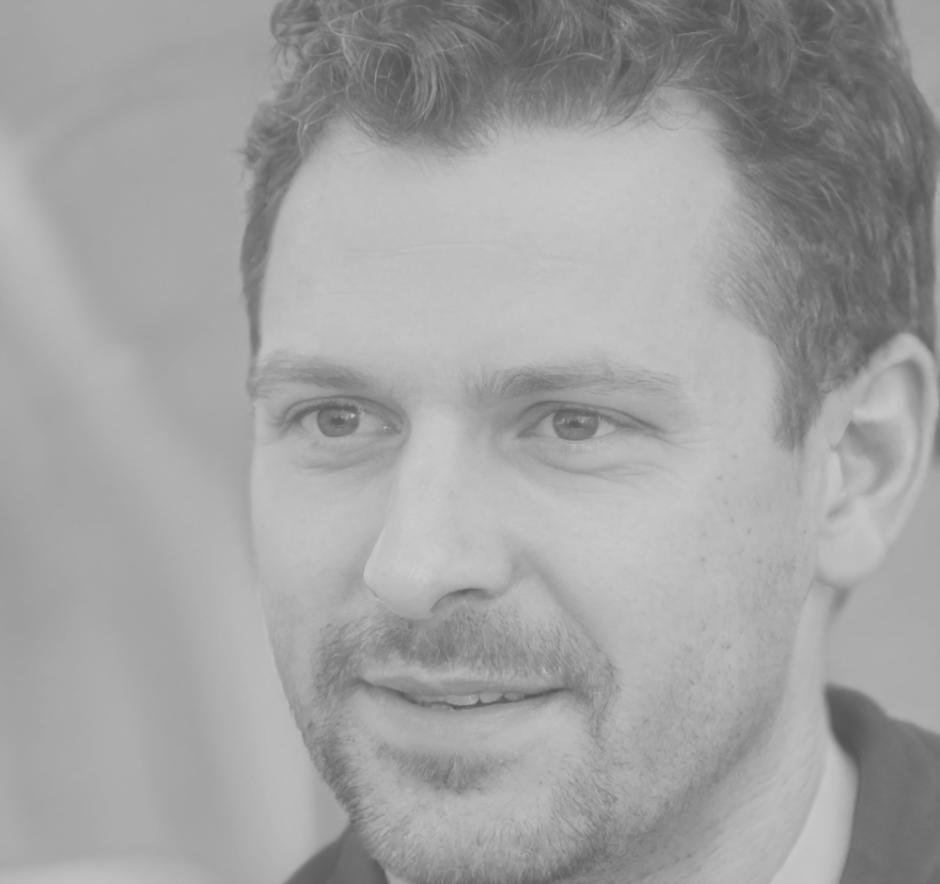Research Methods That Actually Make Sense
Financial analysis doesn't have to feel like decoding ancient texts. We teach you how to evaluate data, spot patterns, and build frameworks that work in the real world—not just in textbooks.
View Program Details
How We Think About Learning
Most courses throw theory at you and hope something sticks. We'd rather start with the questions you'll actually face when evaluating investments or building financial models.
Context First
Start with a real scenario—maybe a company's earnings report or market shift—then work backward to understand which methods apply and why they matter.
Messy Data Practice
Clean datasets are rare. You'll work with incomplete information, conflicting sources, and ambiguous signals because that's what happens outside of academic settings.
Build Your Process
Rather than memorizing formulas, you develop repeatable workflows that fit your thinking style and the types of analysis you'll actually do in your work.
What You'll Actually Learn

Before You Start
You'll get access to foundational materials about a month before the program begins. Nothing overwhelming—just enough context so we can skip the basic definitions and jump into application during live sessions.
Core Research Skills
The bulk of the program focuses on qualitative and quantitative methods you'll use repeatedly: ratio analysis, trend identification, comparative frameworks, and interpreting financial statements without getting lost in the details.
Applied Projects
You'll work through three progressively complex projects using real company data and market scenarios. Each one builds on what you learned before, and you get feedback on your approach—not just your final answers.
After Completion
Once you finish the main program in late 2025, you keep access to updated materials and monthly Q&A sessions for a full year. Markets change and new research comes out—your learning shouldn't stop at graduation.
Common Questions
Straight answers about what to expect
Do I need a finance background?
Not necessarily. If you're comfortable reading basic financial statements and understand concepts like revenue and profitability, you'll be fine. We spend time on research methodology, not accounting fundamentals.
How much time does this take each week?
Plan on about 8-10 hours. Two live sessions (which are recorded if you can't attend), plus individual work on your projects and readings. Some weeks are lighter, others more intense when you're finishing a major assignment.
What happens if I fall behind?
Life happens. All sessions are recorded, and you can request deadline extensions on projects without penalty. The structure is designed to be flexible, though you'll get the most value from participating in real time when you can.
When does the next program start?
Our autumn 2025 cohort begins in September, with enrollment opening in June. If you're interested in early 2026, that program launches in February with enrollment starting November 2025.

Marc Townsend
Program Director
I spent 14 years doing equity research for institutional investors before moving into education. The gap between academic theory and practical analysis always frustrated me—most courses teach you to pass exams, not to make informed decisions with incomplete information.
This program came from watching too many smart analysts struggle because they were never taught how to build a research process that fits how they think. We focus less on memorizing formulas and more on developing judgment you can trust.
Get in Touch